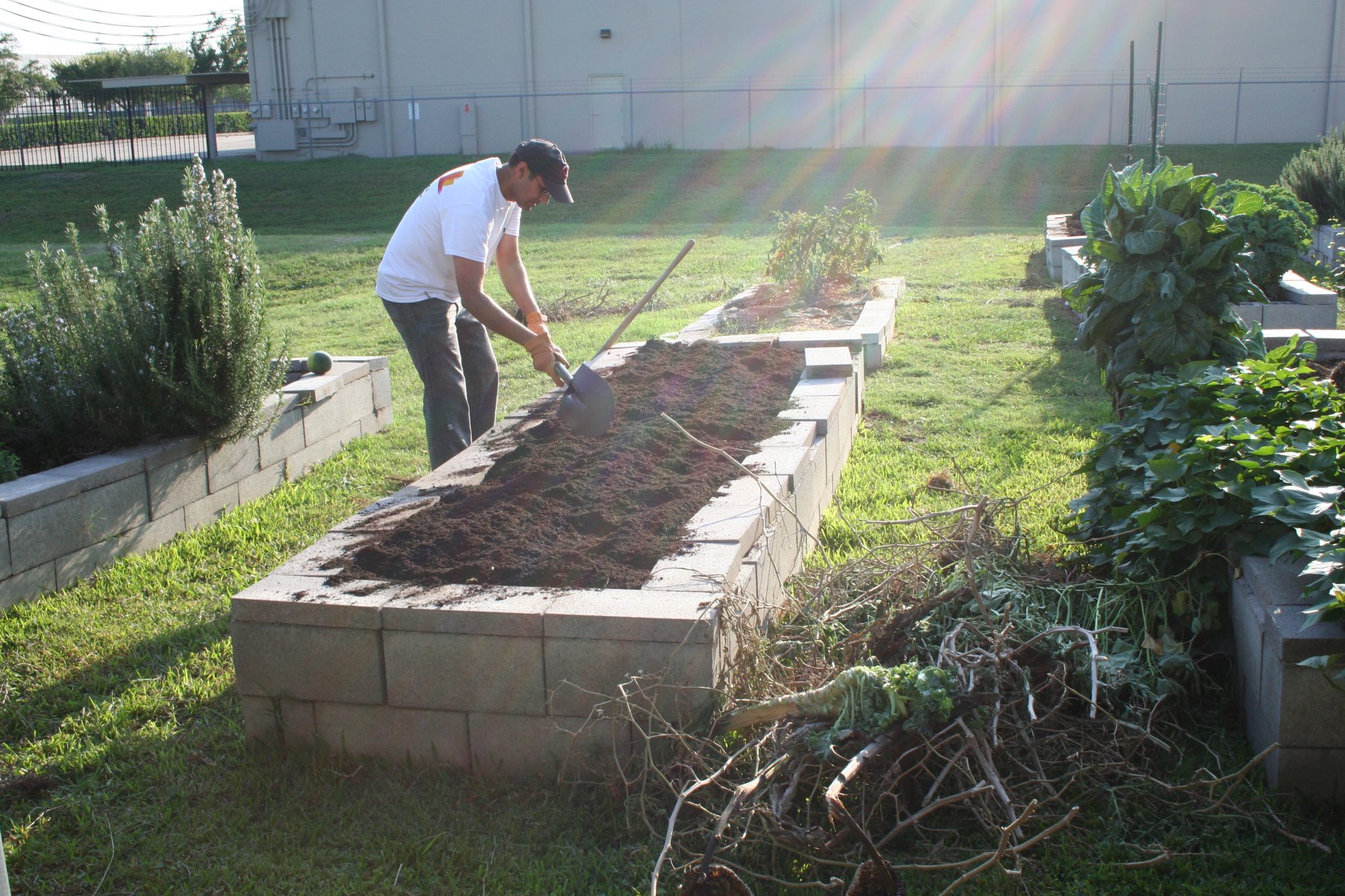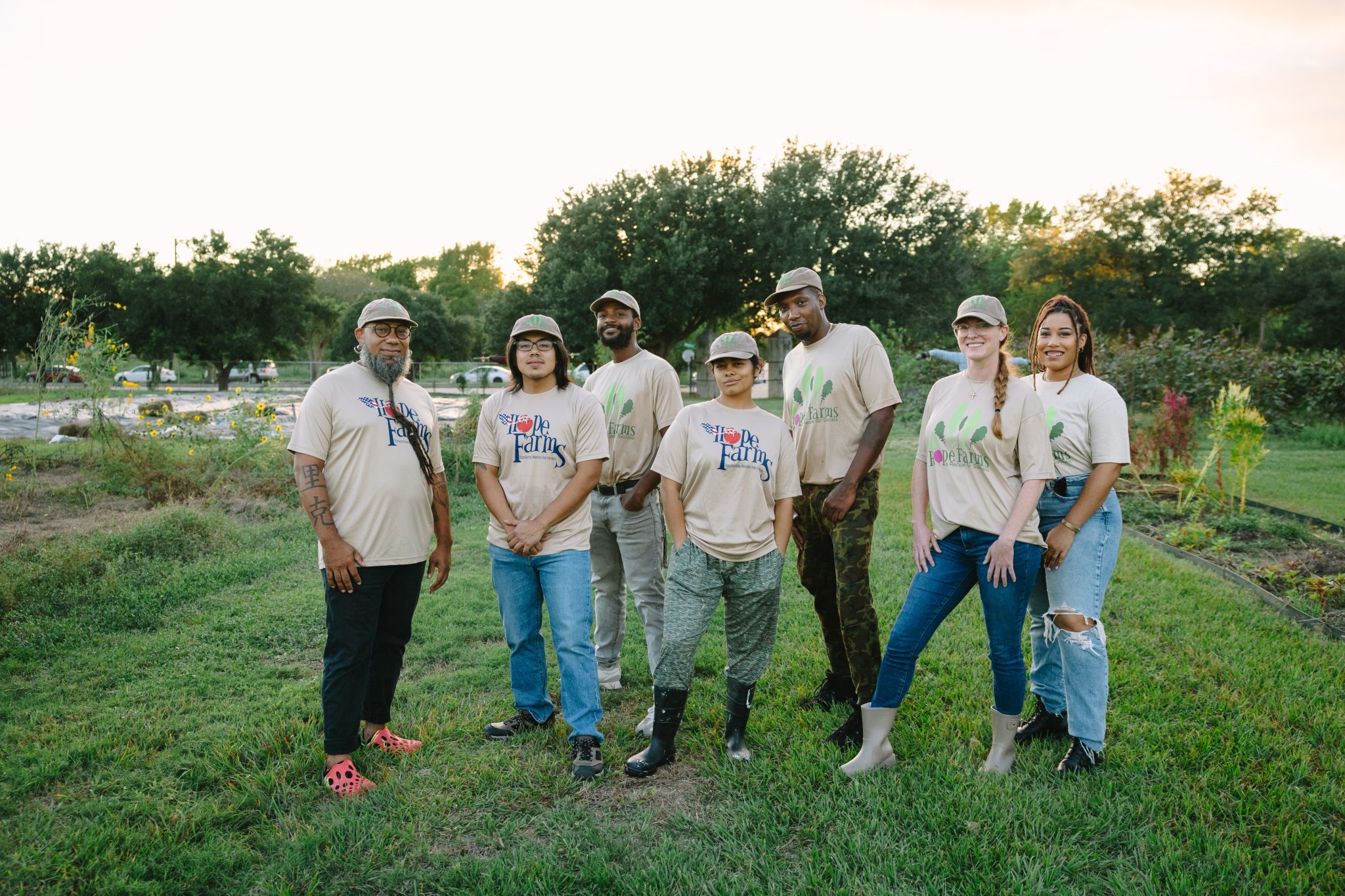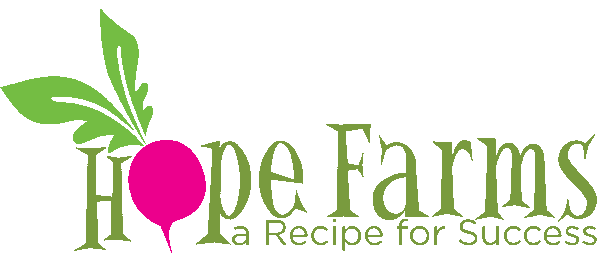What is Urban Farming?
Urban Farming is like bringing a piece of the countryside to the city. It’s a way of shortening the distance between farm and plate by growing healthy food in areas close to the customers. Urban farmers use city lots, rooftops, shared plots, and underused areas to create sustainable, professional food growing operations that serve the community.
Although many people start with small gardens, you can generate as much as $50,000 a year from a city lot by implementing best agricultural practices, good business controls and effective marketing.
If you’ve been dreaming of being a farmer, or if you are curious about making a living or generating an impactful second income as a farmer, or knowing more about sustainable food farming practices, or even fostering strong community bonds by growing healthy food in the city, then we invite your to explore the idea of becoming an Urban Farmer.

Urban Farming vs Gardening
You might be thinking, “I already know how to garden, what else do I need to know?” Let us share the difference between being a gardener and being a farmer, which might help you decide how to spend your time making the change.
Gardening is:
- Scope: A leisurely passtime for after work and weekends, maybe 8-10 hours a week of your time.
- Impact: Benefits you and your family.
- Scale: Personal size with no thought to production amounts.
- Entrepreneurship: Not meant to replace or significantly supplement your day job.
- Self-Sustainability: Gardeners cannot live off of their enterprise.
Urban Farming is:
- Scope: A significant commitment of at least 30 and up to 60 hours a week of your time, plus you may require help from family or paid staff.
- Impact: Provides a meaningful local, healthy food option for your neighbors and builds community.
- Scale: Uses intensive planting and high rotation of diverse crops on ⅛ acre or more, designed to support a wholesale or direct to consumer sales model.
- Entrepreneurship: Farming is a business that creates a liveable primary or meaningful second income;.
- Self-Sustainability: Urban Farmers can live off their land, becoming truly independent.
Key elements of a successful urban farm combine thoughtful planning with lifelong learning. The techniques used on an urban farm maximize the space available while incorporating best agricultural practices to generate a significant year-round harvest from a relatively small scale operation. With careful consideration of where you’ll farm, the markets you will serve, the cost and time-effective agricultural practices you will use to grow your crops, and planning the crops you will grow for your customers, you can become a successful urban farmer.

Dive In: Hope Farms’ Urban Growing Farmers Classes
Ready to see if Urban Farming is right for you? Hope Farms Urban Agricultural Showcase and Training Center in Houston welcomes seriously farm curious and beginning farmers to register for a Growing Urban Farmers class. Our 12-week course shows aspirational farmers how to launch a successful urban farm in the Gulf Coast region and gives students a clear idea of the time, energy and commitment required to turn their efforts into a meaningful business enterprise. Offering hands-on learning with our seasoned resident farming team and topic experts, Growing Urban Farmers helps prepare you for urban farming success in the unique growing environment along the Gulf Coast.
